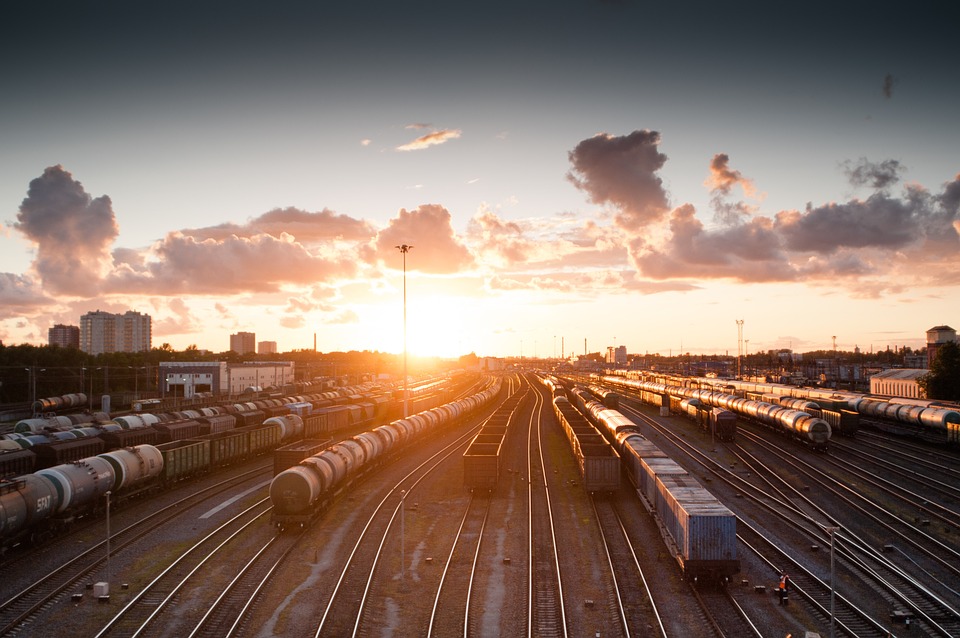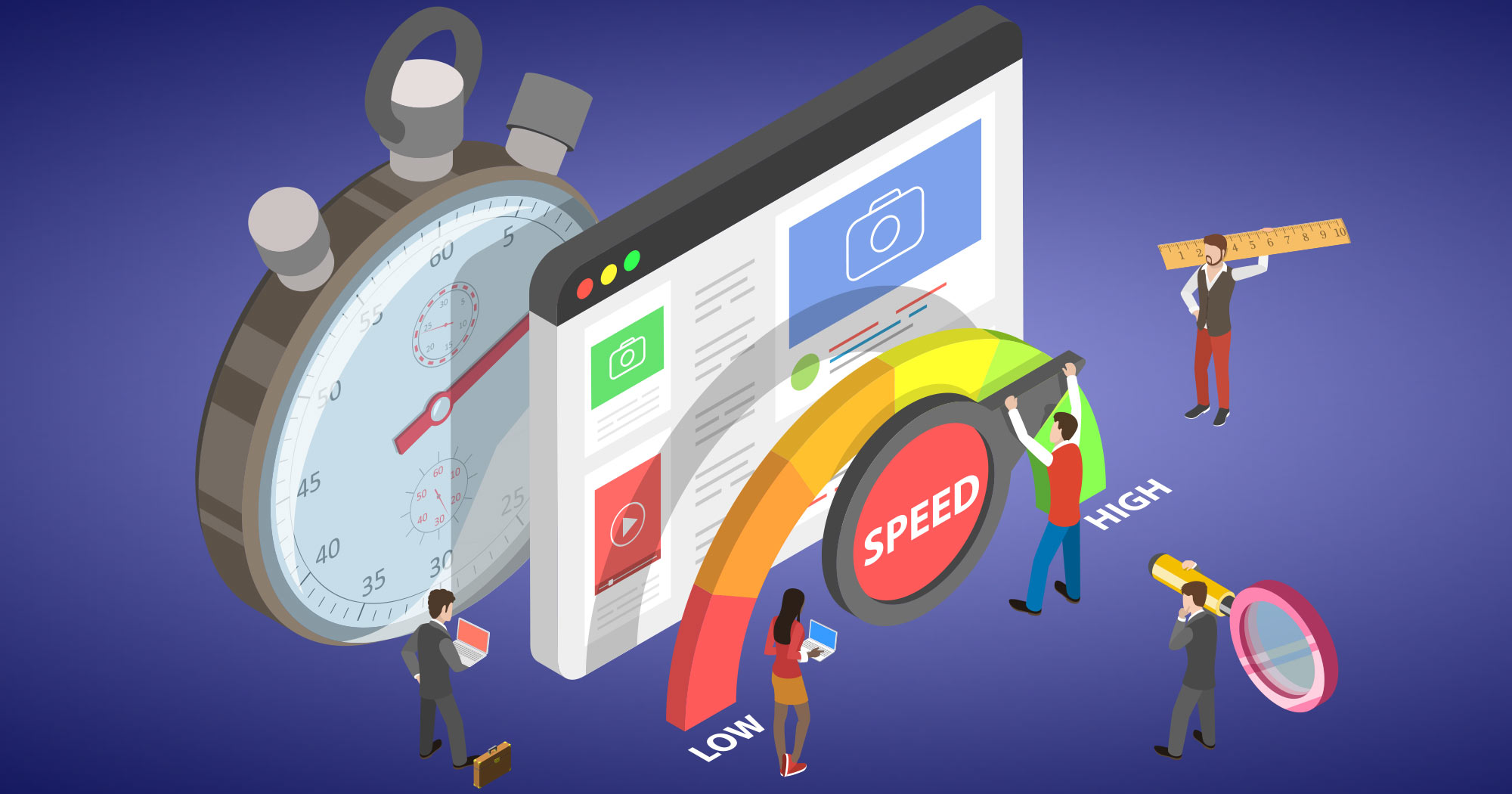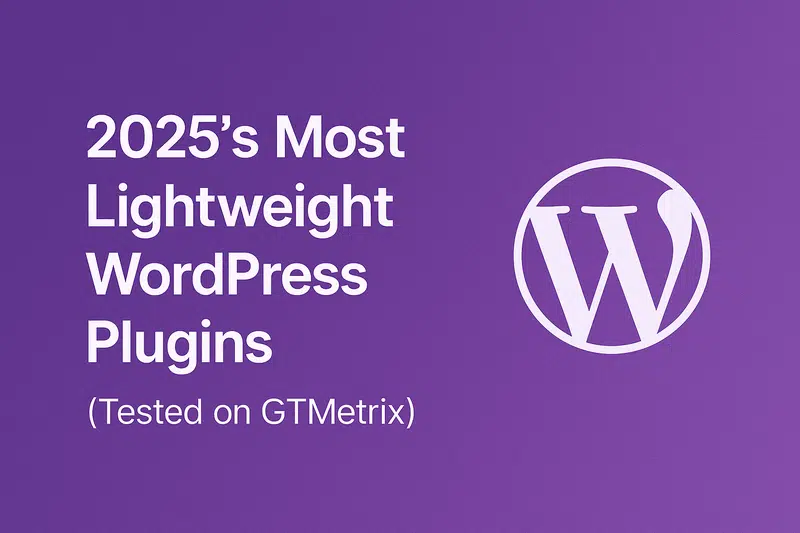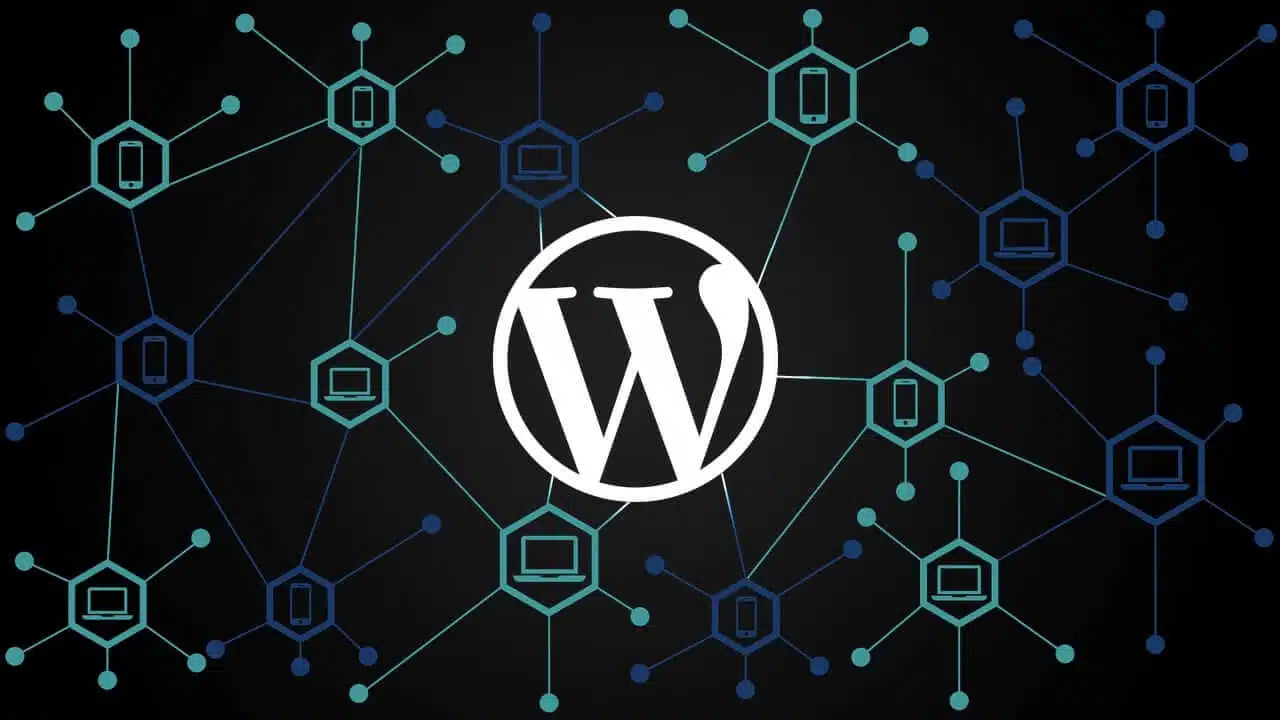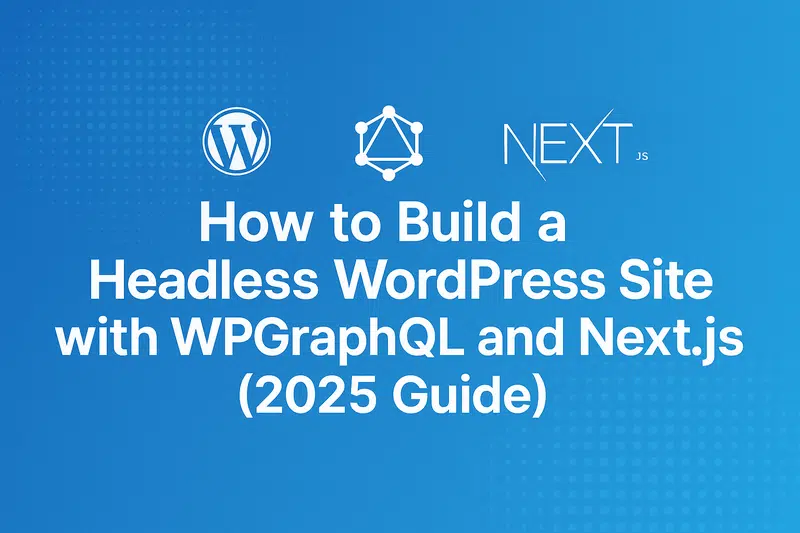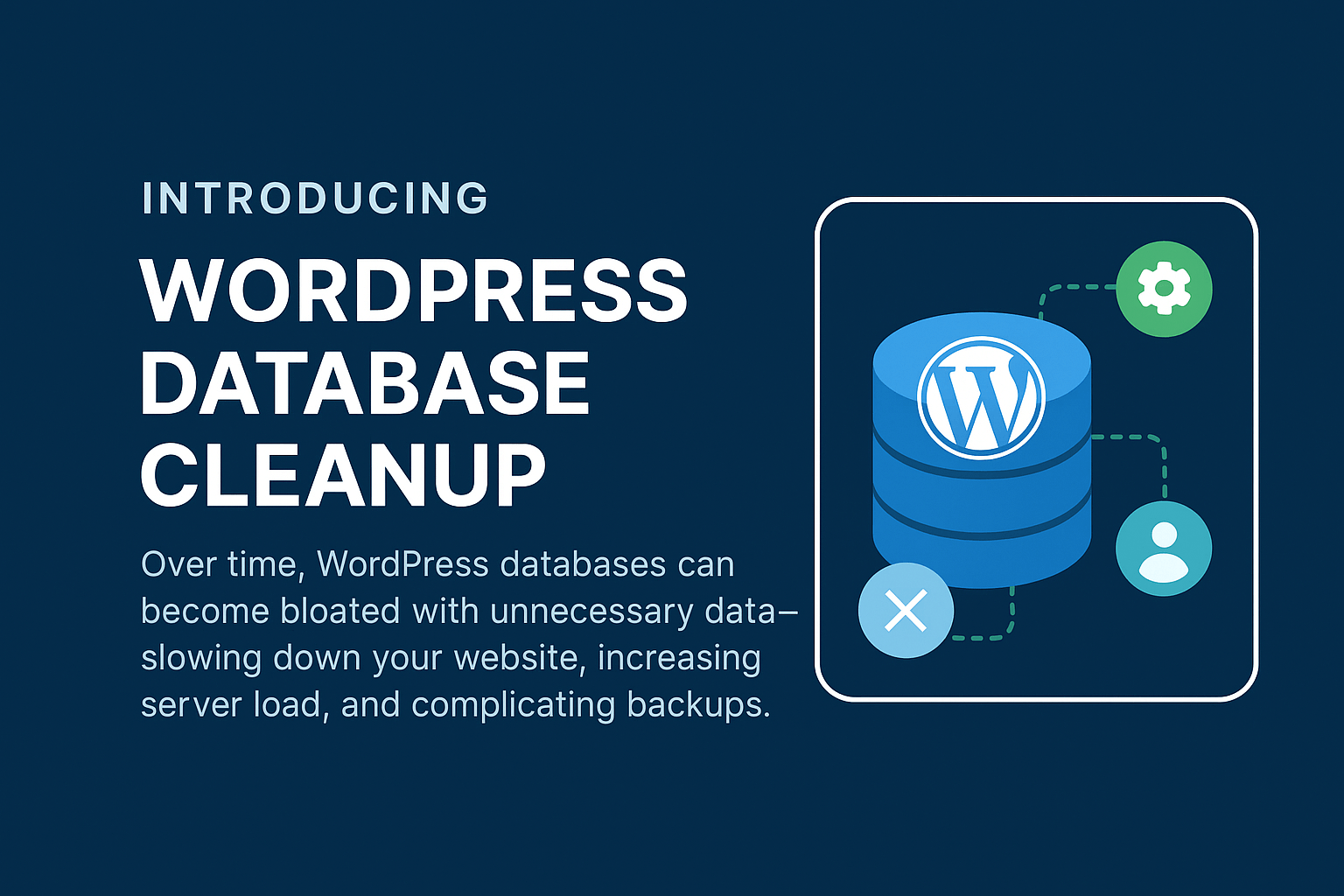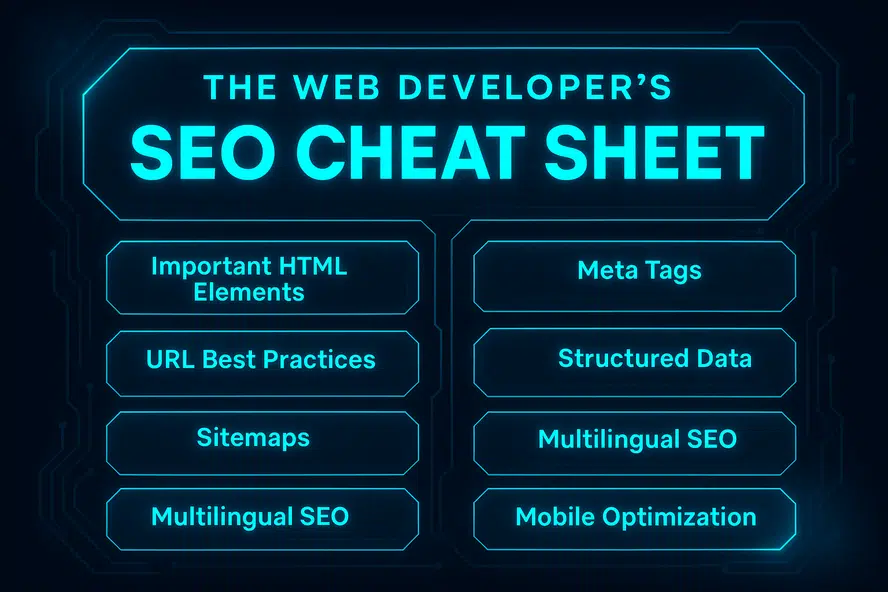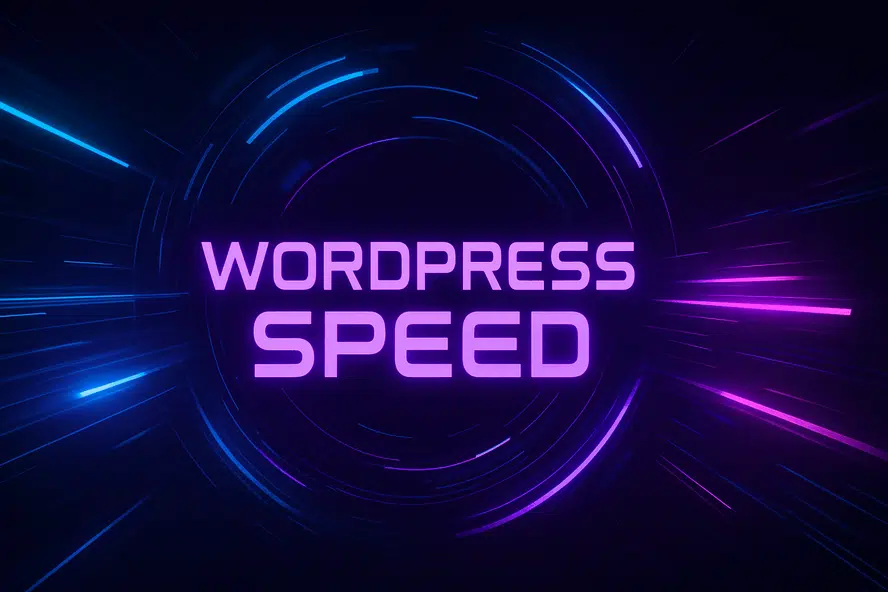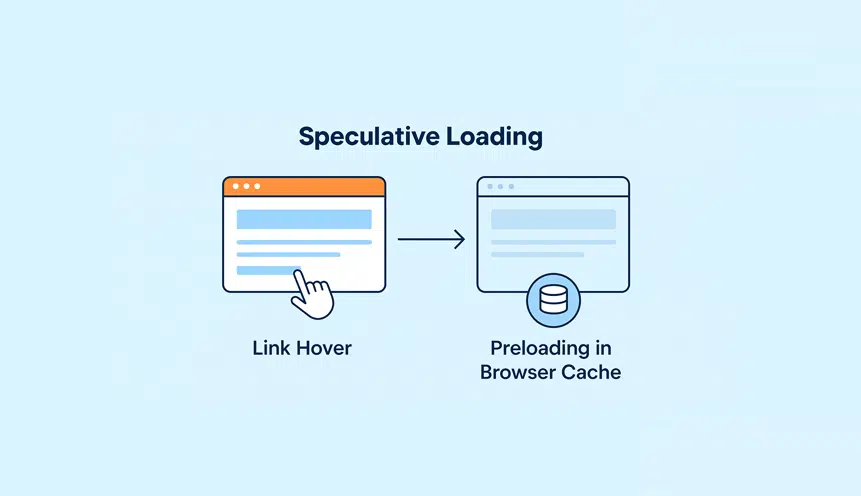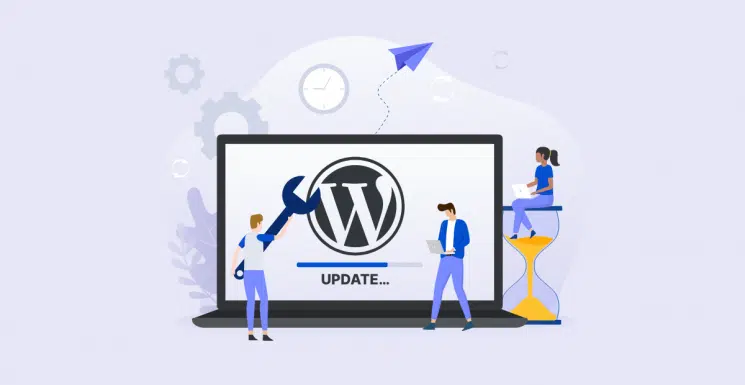Load-Time Lagging? Try These Methods to Speed Up Your WordPress Site
In today’s fast-paced digital world, users have little patience for slow-loading websites. If your WordPress site takes too long to load, you might be losing valuable visitors and potential customers. Slow load times can negatively impact user experience, search engine rankings, and ultimately, your website’s success. In this article, we will explore several effective methods to speed up your WordPress site and tackle the issue of load-time lagging.
But before we dive into the solutions, let’s first understand the importance of optimizing your website’s load time.
The Importance of Load Time Optimization
1. User Experience: Visitors expect websites to load quickly. A delay of just a few seconds can lead to increased bounce rates as people tend to abandon slow-loading sites in favor of faster alternatives. Providing a seamless browsing experience is crucial for keeping users engaged and encouraging them to explore your content or make a purchase.
2. Conversion Rate: Slow load times can have a detrimental effect on your conversion rate. Studies have shown that even a one-second delay in page load time can result in a significant decrease in conversions. By optimizing your site’s load time, you ensure that potential customers stay engaged and have a smooth experience while interacting with your content or online store.
3. SEO Rankings: Search engines value user experience and prioritize fast-loading websites. Your site’s load time is a critical factor in search engine rankings. As slow sites are penalized, optimizing load times will help improve your website’s visibility, organic traffic, and overall SEO performance.
Now that we understand the importance of load time optimization, let’s explore various methods to speed up your WordPress site:
1. Use a Lightweight Theme: Choose a lightweight, well-coded WordPress theme that doesn’t come bloated with unnecessary features. Themes with excessive elements and complex design can significantly slow down your website. Opt for a theme that prioritizes speed and performance for better loading times.
2. Optimize Images: Large image files are one of the main culprits behind slow load times. Use image optimization techniques to reduce file sizes without compromising quality. Plugins like Smush or Imagify can automatically compress and optimize images as you upload them to your WordPress media library.
3. Cache Your Site: Caching plugins can dramatically improve load times by generating static HTML files of your dynamically generated WordPress pages. These static HTML files are then served to visitors, reducing the resource-intensive processing of the server. Popular caching plugins like WP Super Cache or W3 Total Cache can help with this.
4. Minify CSS and JavaScript: Minifying CSS and JavaScript files removes unnecessary spaces, line breaks, and comments to minimize file sizes. This process speeds up loading times by reducing the amount of data that needs to be transferred between the server and the user’s browser. Several plugins, such as Autoptimize or WP Rocket, can handle this for you.
5. Optimize Database: Over time, your WordPress database accumulates unnecessary data, such as post revisions, spam comments, and deleted items. Cleaning up and optimizing your database can significantly speed up your site. Plugins like WP-Optimize or WP-Sweep make this process hassle-free.
FAQs (Frequently Asked Questions):
Q: How do I check my site’s current load time?
A: You can use tools like Google PageSpeed Insights, GTmetrix, or Pingdom to test and analyze your website’s current load time. These tools provide detailed reports with performance metrics and highlight areas that need improvement.
Q: Do I need to install all the mentioned plugins?
A: Each website is unique, and the need for specific plugins depends on various factors. It’s not necessary to install all the mentioned plugins. Choose the ones that address your specific requirements and consider their compatibility with your existing plugins and theme.
Q: Can I improve load times without coding skills?
A: Yes, you can greatly improve load times without coding skills by utilizing WordPress plugins specifically designed for optimization purposes. With numerous user-friendly plugins available, you can achieve significant speed improvements without extensive technical knowledge.
In conclusion, optimizing load times is crucial for a successful WordPress site. By implementing the methods mentioned above, such as using a lightweight theme, optimizing images, caching, minifying CSS and JavaScript, and optimizing the database, you can significantly improve your website’s load times. Remember, every second counts when it comes to providing a seamless user experience, boosting conversions, and enhancing your site’s visibility in search engine rankings.
Post Summary:
Slow load times on your WordPress site can lead to lost visitors and lower rankings on search engines. Optimizing load time is crucial for a successful website. A delay of just a few seconds can increase bounce rates and decrease conversions. To speed up your WordPress site, you can use a lightweight theme, optimize images, cache your site, minify CSS and JavaScript, and optimize your database. Tools like Google PageSpeed Insights, GTmetrix, and Pingdom can help you analyze your site’s load time. You can improve load times without coding skills by using user-friendly plugins designed for optimization. Remember, every second counts for user experience and SEO.


